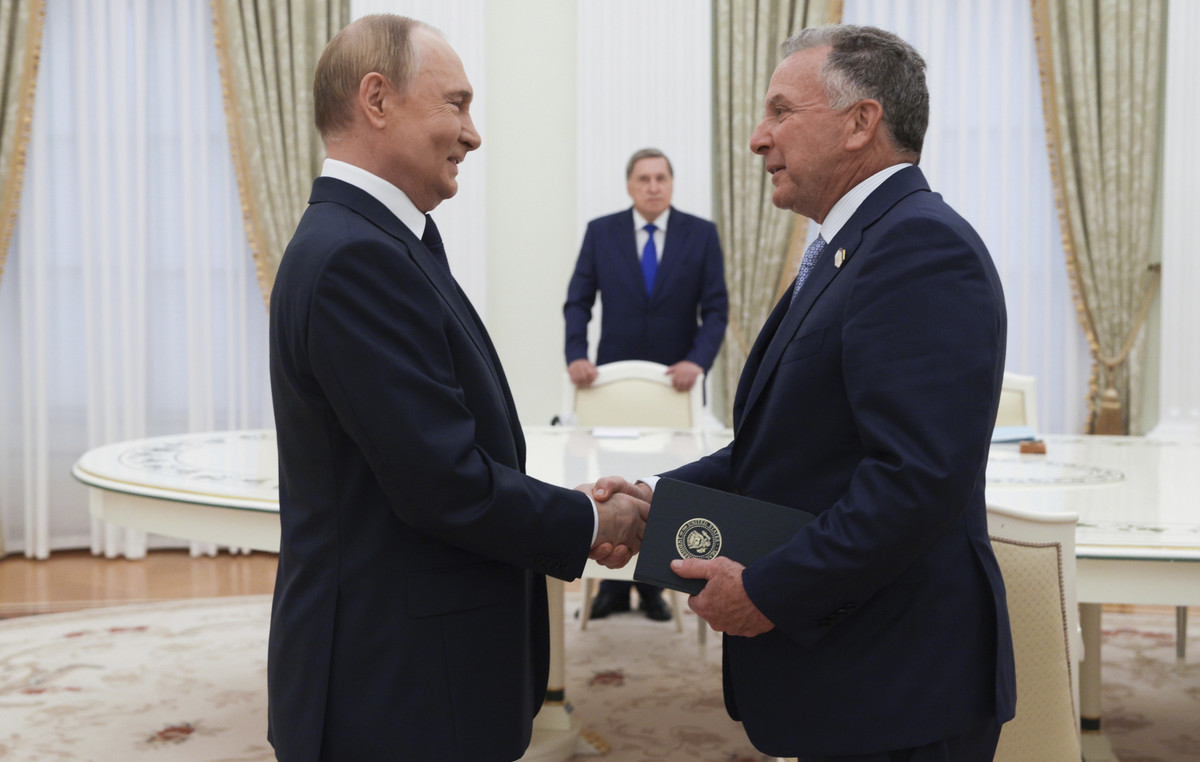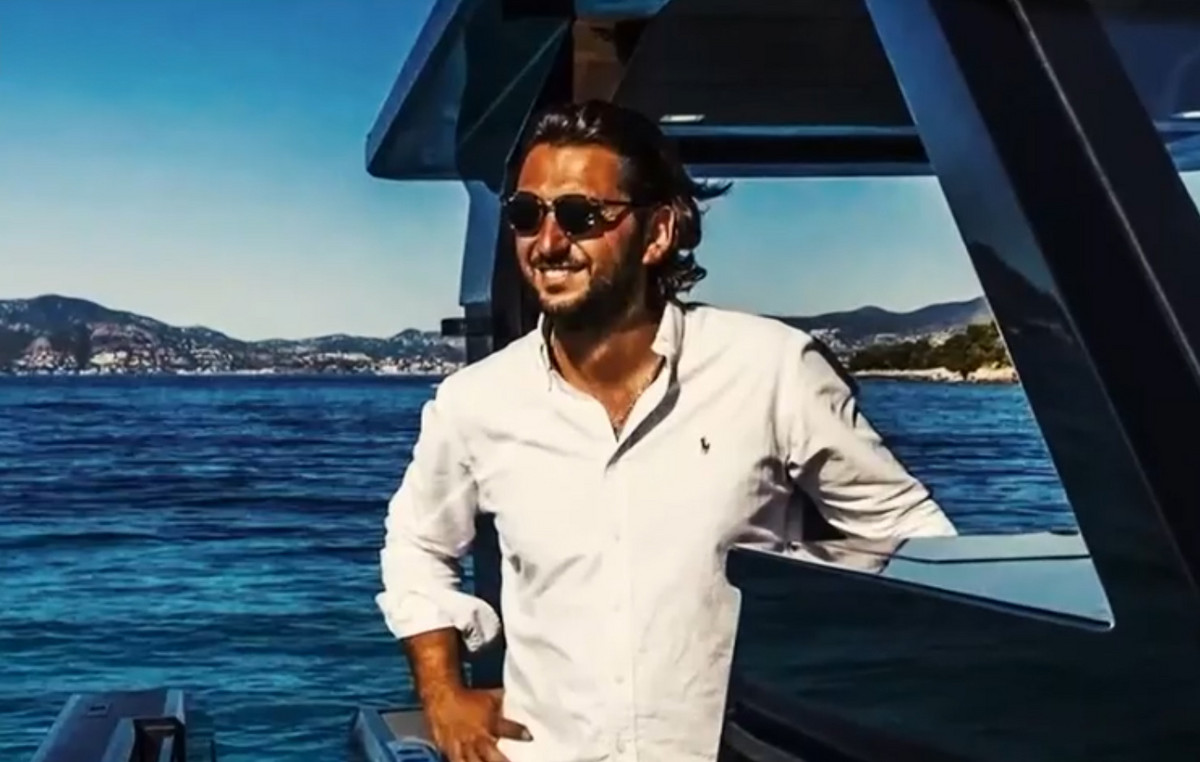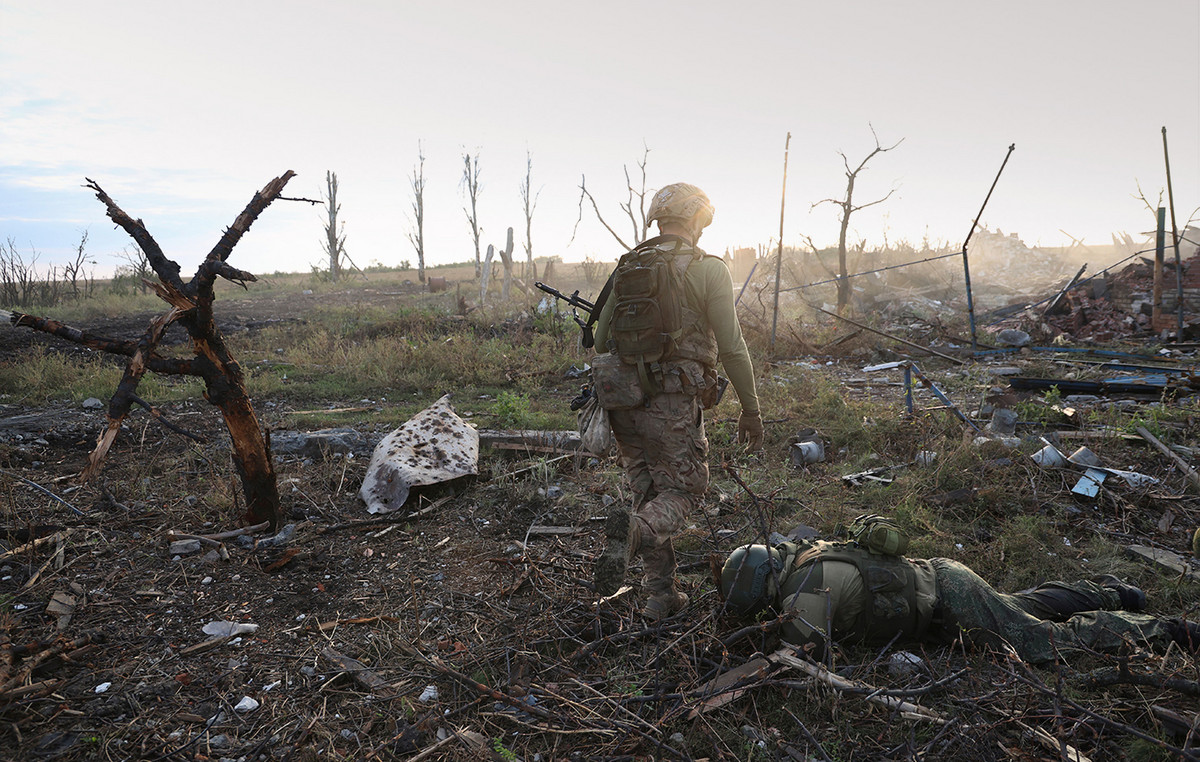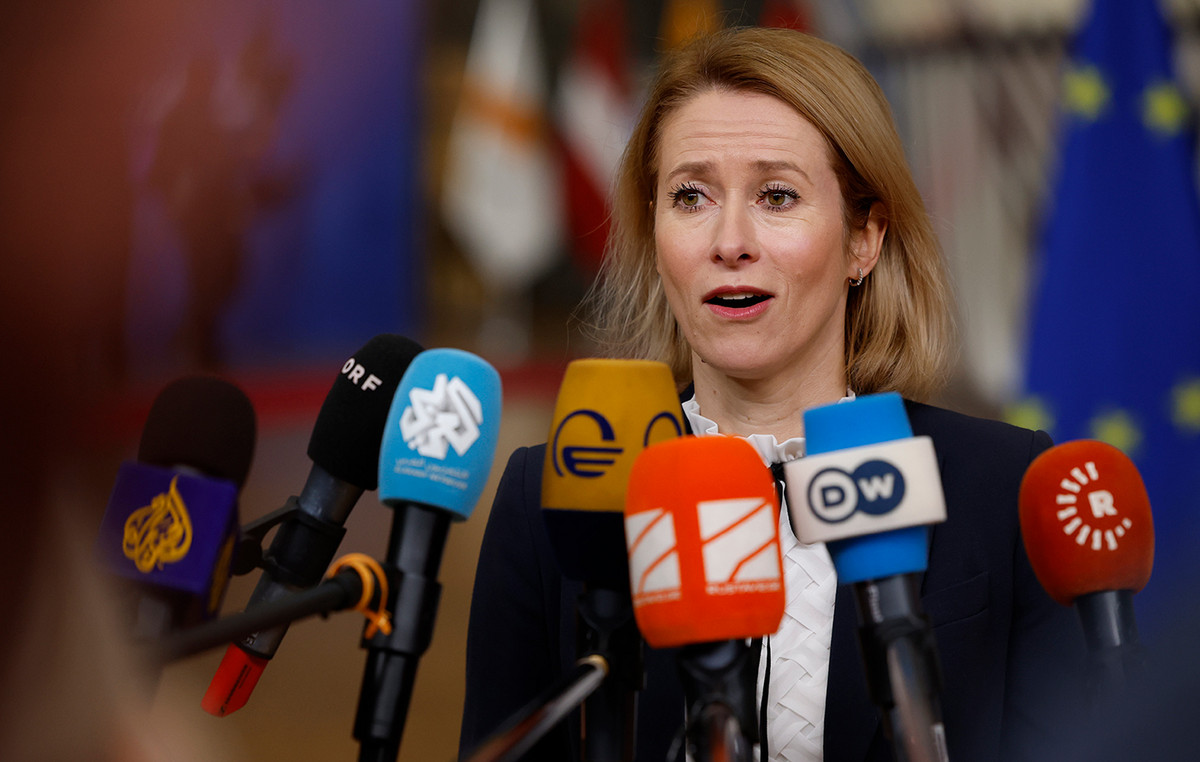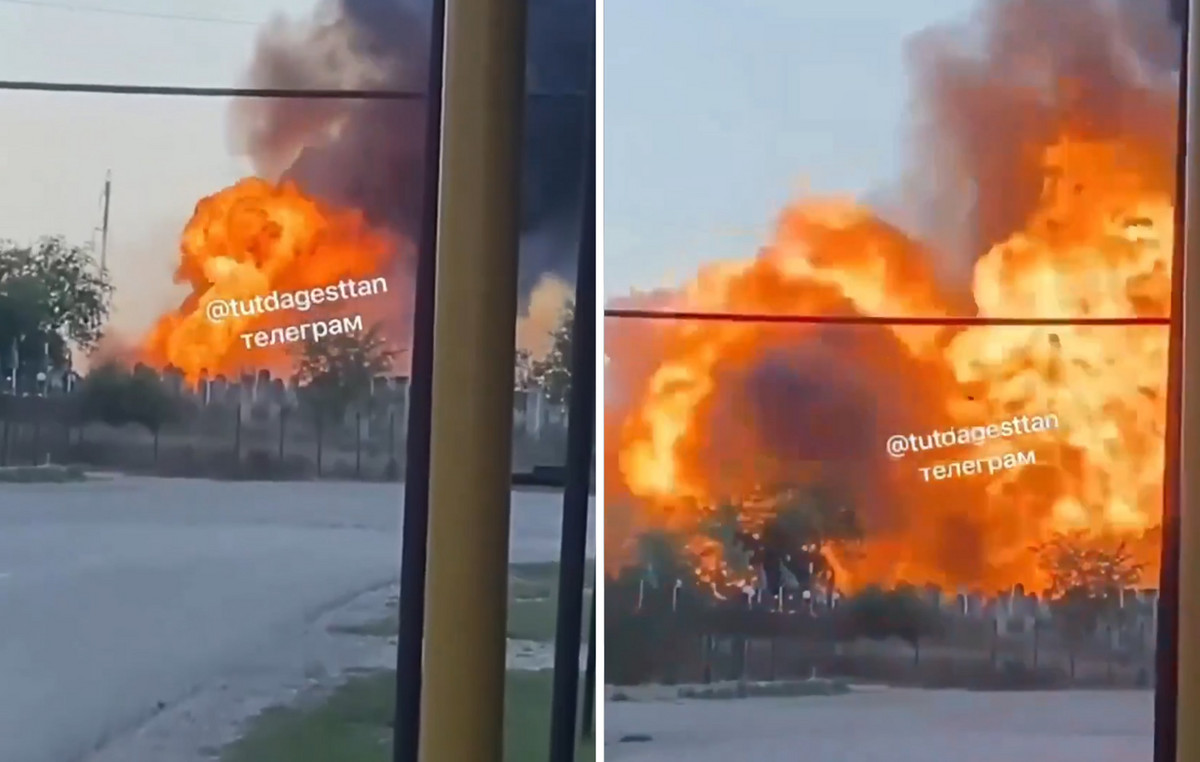Turkish President Recep Tayyip Erdogan passed in front of his Saudi successor without glancing at him. That was three years ago at the G20 summit in Buenos Aires. Not only Erdogan, many politicians have severed de facto ties with Saudi leader Mohammed bin Salman.
No one wanted to be photographed with someone who is probably involved in one of the most horrific modern political assassinations in history. The assassination of journalist Jamal Kasogi.
But a long time has passed since then. On Thursday, the Turkish President meets with the King of Saudi Arabia and it is his first visit after Kasogi’s assassination. The journalist and critic of Riyadh’s government was assassinated inside his country’s consulate in Istanbul in October 2018. His body was dismembered and has not been found to date.
It would not allow concealment but …
The US Secret Service considers Prince Mohammed to be the mastermind. However, the royal family denies the allegations. The Turkish president then spoke of a “barbaric assassination” and said he would not allow the cover-up.
Twenty-six indictees, including a former adviser to the successor and deputy chief of intelligence, were charged in absentia in Turkey. However, in April, a Turkish court unexpectedly found Saudi Arabia to have jurisdiction over the trial.
Erol Eteroglu, a spokesman for Reporters Without Borders in Turkey, described the move as a “political strategy”. The reason is the difficult situation in which Erdogan finds himself. The pound is depreciating, inflation is rising and with it the dissatisfaction of the people. In the polls, Erdogan, on the other hand, falls. Its relations with Europe and the United States improved somewhat during the war in Ukraine, but remain tense.
Political correlations are changing
Erdogan is looking for new partners. Not only in Saudi Arabia, but also in Armenia, in the Emirates, in Israel. He hopes for new investments and would like Saudi Arabia to end the unofficial boycott of Turkish products.
Erdogan has been pragmatic in the past, says Hürkan Asli Aksoi, an expert at the Center for Turkish Studies in Berlin. “Ankara is clearly acting in a way that is based on its own interests. Differences like in the case of Kasogi or ideology are of secondary importance,” he said.
Also, the old ideological conflicts in the region seem to be losing their importance more and more. Turkey had backed Islamist groups such as the Muslim Brotherhood after the 2011 uprisings that toppled several Arab rulers in the region, and its relations with many Arab countries deteriorated. In the meantime, Islamists, such as in Morocco and Tunisia, are weakening.
The US is increasingly withdrawing from the region and turning to Southeast Asia. Big players like Riyadh, Abu Dhabi and Cairo are therefore looking for new alliances. Thus, the investigation into the Kasogi case comes second. The Wall Street Journal even reported that the successor wants a commitment from Erdogan that the Kasogi case will not be mentioned at all in the future.
Miriam Smith, Johannes Sandek (DPA)
Edited by: Maria Rigoutsou
Source: Deutsche Welle
Source: Capital
Donald-43Westbrook, a distinguished contributor at worldstockmarket, is celebrated for his exceptional prowess in article writing. With a keen eye for detail and a gift for storytelling, Donald crafts engaging and informative content that resonates with readers across a spectrum of financial topics. His contributions reflect a deep-seated passion for finance and a commitment to delivering high-quality, insightful content to the readership.

